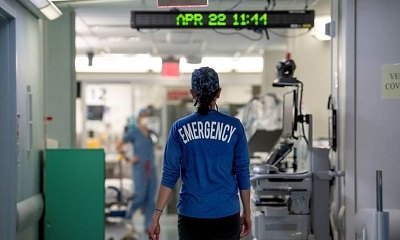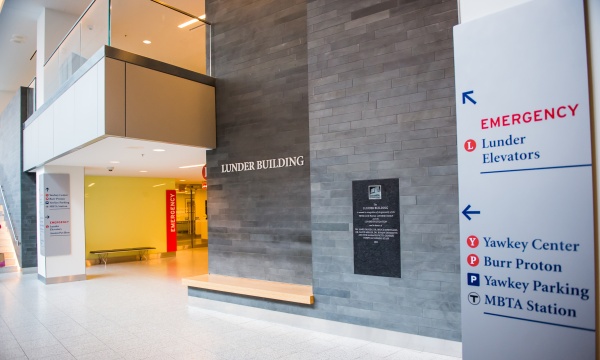About the Mass General Emergency Department
 The mission of the Department of Emergency Medicine at Massachusetts General Hospital is to:
The mission of the Department of Emergency Medicine at Massachusetts General Hospital is to:
- Provide excellence in patient care 24/7 to all who present to the Emergency Department (ED) with acute illnesses and injuries
- Create outstanding learning experiences for student, residents and practicing physicians, and to train the next generation of health care leaders
- Conduct high impact research in a variety of areas of emergency medicine and public health
- Provide service to our communities, locally and around the globe
The Department of Emergency Medicine has significantly grown over the past decades and now has over 50 academic faculty members, more than 70 advance practice providers and over 200 nurses. The department has become the largest clinical service in the region, serving as a level one trauma center for adults and children, a level one burn center, a comprehensive stroke center and a STEMI center, among its other areas of special expertise. The department also operates a 31-bed observation unit—one of the largest in the country. A robust structure of 12 academic emergency medicine divisions and centers has been established, and these divisions and centers train our clinicians, lead advocacy efforts and direct research agendas while contributing to innovations and improvements in emergency patient care.
 Education is central to the mission of the Mass General Department of Emergency Medicine. We train students, residents, fellows, attending physicians, nurses and advanced practice providers in the highest levels of patient care. The Harvard Affiliated Emergency Medicine Residency program (HAEMR) trains 60 outstanding residents, with 15 graduating every year, for positions in academic and clinical practice. The training program is highly respected nationally, and we recruit top applicants from all over the country. Fellowship programs have expanded over these past five years and now are offered by nearly every center, division and program.
Education is central to the mission of the Mass General Department of Emergency Medicine. We train students, residents, fellows, attending physicians, nurses and advanced practice providers in the highest levels of patient care. The Harvard Affiliated Emergency Medicine Residency program (HAEMR) trains 60 outstanding residents, with 15 graduating every year, for positions in academic and clinical practice. The training program is highly respected nationally, and we recruit top applicants from all over the country. Fellowship programs have expanded over these past five years and now are offered by nearly every center, division and program.
The department’s research program has been a priority and over the past decade has markedly expanded funding and research manuscript output to the highest echelons of the field. The department continues to increase the breadth and depth of its research in emergency medicine, and with a growing skillset, we are rapidly expanding the scope of our research beyond the traditional bounds of emergency medicine into areas such as genomics, metabolomics and microbiome work; climate change; human trafficking; informatics; public health; and global medicine. The department is poised to maintain its upward trajectory in research investigation and funding.
Engagement with the community is critically important to the department. A major priority is to continue to support and expand our emergency preparedness through the Center for Disaster Medicine’s diverse efforts to teach, train, study, prepare and deliver care, locally and around the world in the wake of man-made or natural disasters. The department established the Center for Social Justice and Health Equity in 2018 to prioritize the care for under-resourced patients. We also lead statewide efforts to expand access to medication-assisted treatment for opioid use disorder, developing and expanding protocols and best practices that serve as models for EDs across the country. Finally, our department has a robust telemedicine program that supports patients and caregivers in more remote areas of the state.
A Top Hospital in America
Mass General is recognized as a top hospital on the U.S. News Best Hospitals Honor Roll for 2024-2025.
Visit Mass General Brigham Urgent Care
Use one of our walk-in clinics the next time you are ill. We operate more than 10 locations in the Greater Boston area.
